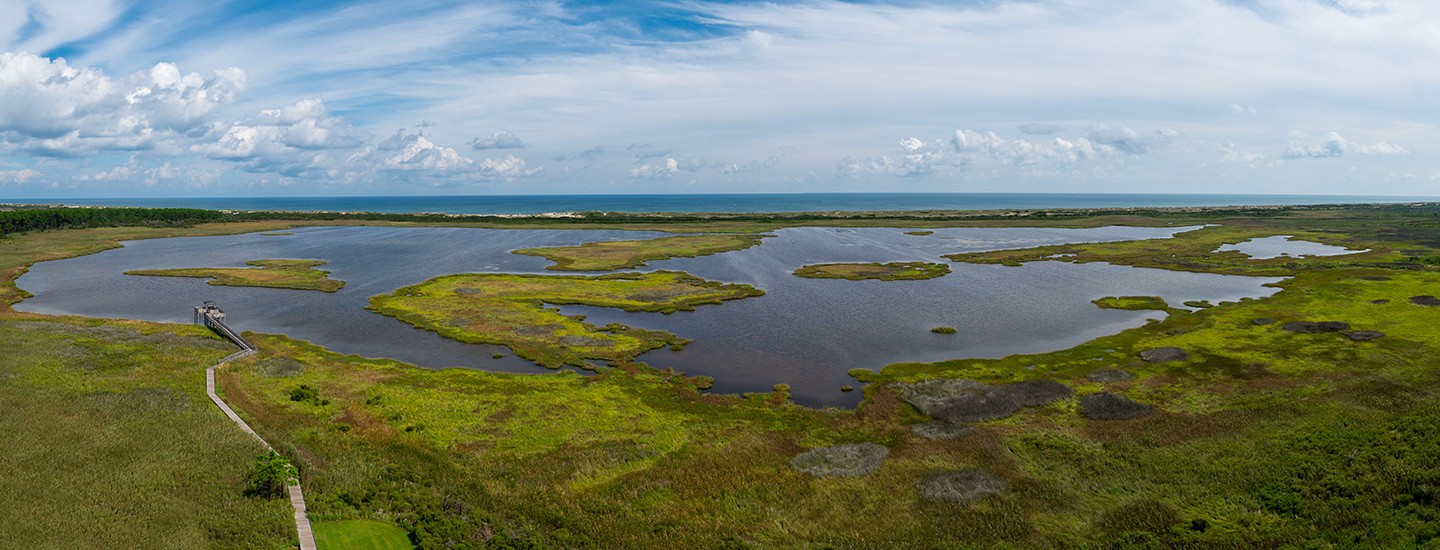
02.15.19
Congress Saves Funding for Clean Water & Healthy Coasts, But Environmental Rollbacks Loom
By Surfrider FoundationWith the final passage of this year's federal spending deal, Congress rejects massive cuts to environmental, coastal management, and climate change programs proposed by the Trump administration. Despite this, administrative actions still threaten natural resource protections.
On the heels of the longest government shutdown in U. S. history, Congress finally passed a spending bill to keep the federal government operating until September 2019. Advocates for clean water and healthy beaches had been watching the federal appropriations process closely as the President’s FY 2019 budget proposal included massive cuts for two key agencies responsible for protecting clean water and healthy coastlines – the Environmental Protection Agency (EPA) and the National Oceanic and Atmospheric Administration (NOAA). Critical federal programs administered by these agencies protect the health of swimmers and other beachgoers and help support resilient coastlines that are prepared for extreme weather.
With the passage of the spending deal in both chambers, Congress rejected the debilitating and sweeping cuts proposed by the President’s administration, and both agencies received funding allocations above 2018 enacted levels. At EPA, the budget deal saved funding for many important programs critical for protecting clean water and public health like the BEACH Act, the National Estuaries Program, the Non-Point Source Pollution Control Grants, and a funding source established to deal with sewage infrastructure needs at the U.S./ Mexico Border.
The budget deal also included critical funding for NOAA, the lead federal agency responsible for managing our nation’s ocean and coasts, as well as monitoring weather and climate. Specific programs saved included the Coastal Zone Management, National Estuarine Research Reserves, Sea Grant, and Coastal Resilience. This federal support will help support the protection of our nation's coastal resources, and the businesses and communities that depend upon them.
Climate research and science programs in general both fared relatively well in the budget deal as well, especially considering the Trump administration’s clear lack of support for both. With this spending deal, Congress has thankfully shown its support for clean water and healthy beaches.
Surfrider's grassroots network played an active role in defending these federal programs in the 2019 budget. Last winter, Surfrider members and partners met with over 100 congressional offices in Washington D.C. as part of Ocean Recreation Hill Day. We also urged our grassroots supporters to call and write their federal representatives, and generated media coverage on what these budget cuts would mean for our nation's ocean and coastal resources.
Although this is certainly reason to celebrate, there are many ongoing threats to our coastlines. We are anticipating an announcement from the Trump administration soon on offshore drilling, and on Valentine’s Day the administration published a new Waters of the U.S. Rule that will weaken protections for clean water across the country. This new Dirty Water Rule is a radical reinterpretation of the Clean Water Act that will wipe out protections for streams that provide drinking water to tens of millions of people and wetlands that filter pollution and protect our communities from flooding.
We’re losing wetlands at an alarming rate across the country and it’s putting communities at risk. We’ve seen coastal communities truly suffer during flooding events associated with hurricanes and major coastal storms. The problem will be exacerbated under this new Dirty Water Rule that strips protections from tens of millions of acres of wetlands that communities across the country rely on to absorb floodwaters and filter ground water.
No body of water should be open for pollution or destruction, but that is exactly what this proposal does by stripping Clean Water Act protections from critical streams and wetlands. A 60-day public comment period is open until April 15, 2019. Comments can be submitted under Docket ID No. EPA-HQ-OW-2018-0149 at www.regulations.gov. Surfrider and our coalition partners across the U. S. will be reviewing this mal-intentioned proposal closely and will be submitting comments asking the EPA to do more to protect clean water and public health, not less.
#Stand Up for Clean Water
